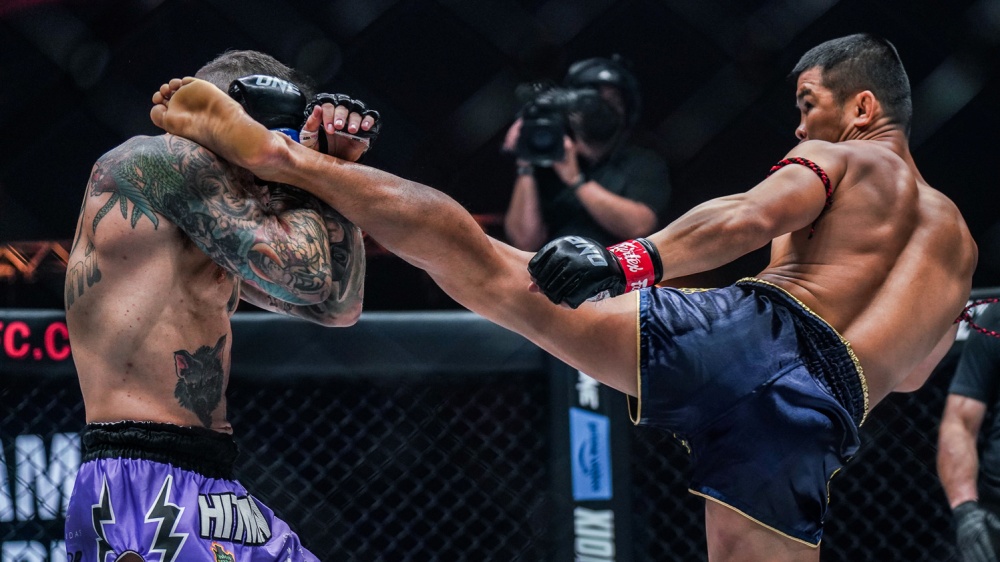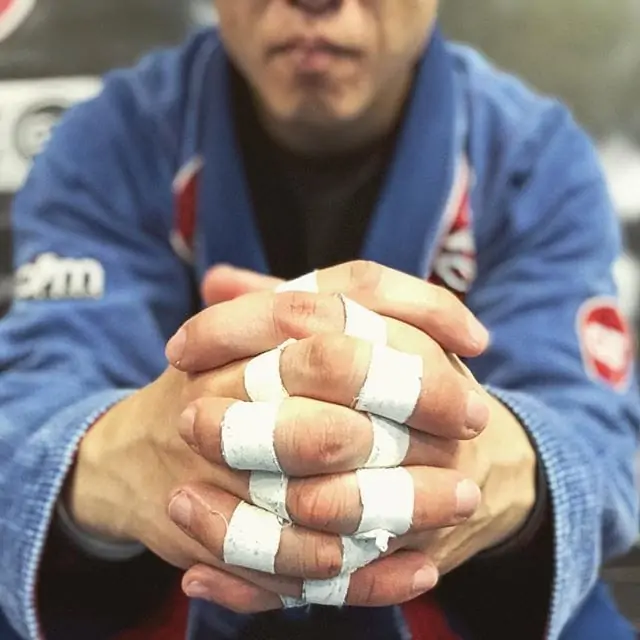Martial Arts and Negotiation: Finding Common Ground

Negotiation, like martial arts, is an art form that requires discipline, strategy, and a deep understanding of human psychology. Just as a martial artist must master their techniques to overcome their opponent, a skilled negotiator must hone their skills to navigate complex situations and achieve their objectives.
Here are three main points from “Never Split the Difference” by Chris Voss and how they relate to martial arts:
Emotional Intelligence and Body Language

In martial arts, practitioners learn to read their opponent’s body language to anticipate their moves and react accordingly. Similarly, in negotiation, understanding the other party’s emotions and body language can provide valuable insights into their intentions and motivations. By developing emotional intelligence and paying attention to non-verbal cues, negotiators can adjust their strategies in real-time and gain a competitive advantage. The 7-38-55 rule is only 7% of all communication is done through verbal communication, what words are used, while the nonverbal component of our daily communication, like the tonality of our voice, make up 38% and 55% from the speaker’s body language and facial expressions.
Maintaining Calm Under Pressure:
Just as a martial artist must remain calm and focused during a fight, negotiators must maintain their composure under pressure. By staying calm and composed, negotiators can think more clearly, make better decisions, and avoid being manipulated by the other party’s tactics. Like a martial artist in the midst of battle, negotiators must rely on their training and instincts to overcome challenges and achieve their goals.
Creating a Negotiation Framework:
Much like the forms and techniques practiced in martial arts, having a negotiation framework provides negotiators with a structured approach to achieving their objectives. By following a systematic process that includes techniques such as mirroring, labeling, and using open-ended questions, negotiators can maintain control of the negotiation and increase their chances of success. Just as a martial artist relies on their training to execute precise movements and strikes (by incorporating conditioning, refining techniques through drills/repetition and develop sparring strategies for application), negotiators can rely on their negotiation framework to guide them through complex negotiations and secure favorable outcomes.

The principles outlined in “Never Split the Difference” by Chris Voss can be applied to negotiation much like the techniques and strategies used in martial arts. By developing emotional intelligence, maintaining calm under pressure, and following a structured negotiation framework, negotiators can effectively navigate challenging situations and achieve their objectives. Just as martial artists continuously refine their skills through practice and experience, negotiators can continuously improve their negotiation skills and become more effective in their interactions with others.



